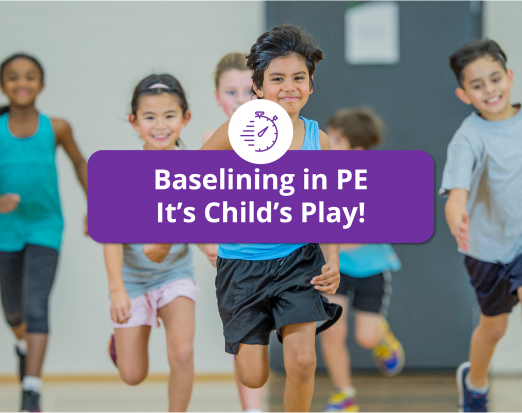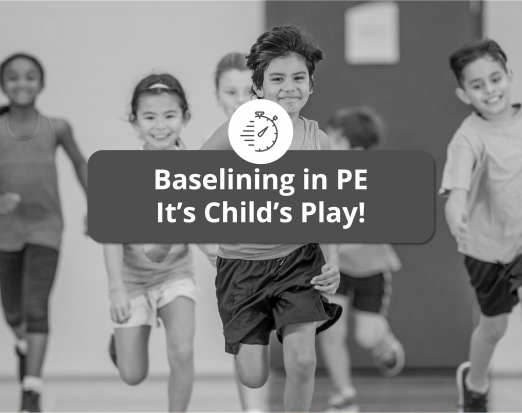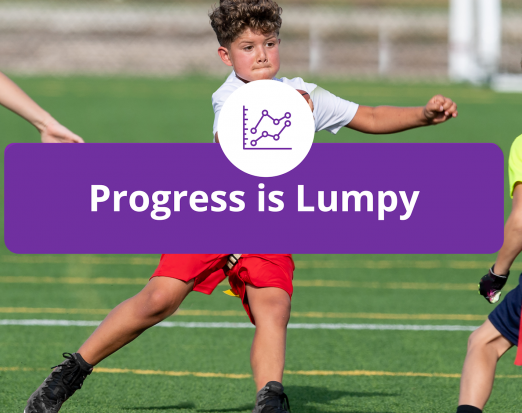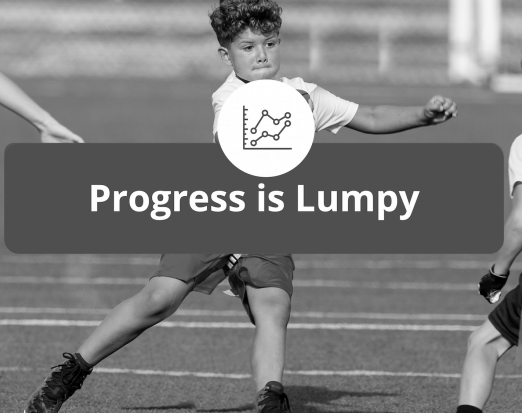Children exercise less the older they get
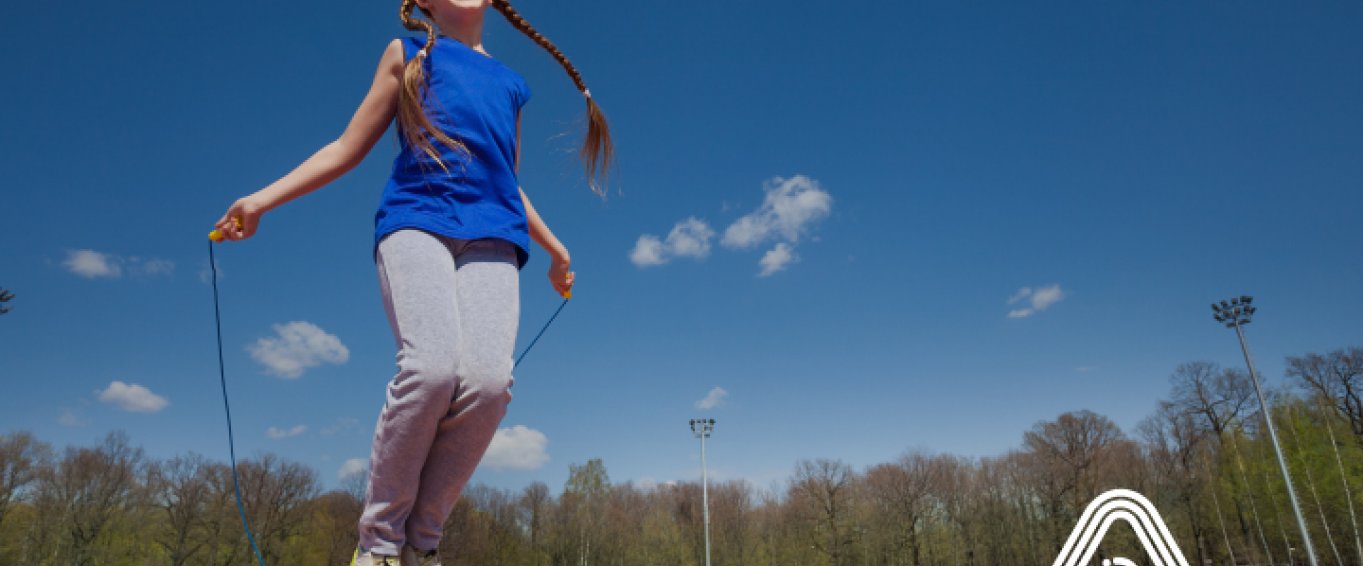
A new survey from Public Health England and Disney revealed concerning statistics that suggested children exercise less the older they get.
The number of children doing an hour of exercise a day fell by around 40% between the ages of five and 12. Figures suggest that by the last year of primary school, only 17% of pupils are completing the recommended 60 minutes of physical activity every day.
Presently, just 23% of boys and 20% of girls, between the ages of five and 15, meet the national recommended level of activity, according to an NHS report published last December. While, previous research shows that more than one third of children are overweight by the time they leave primary school.
“Not being very good" and feeling self-conscious were some of the reasons children were reluctant to participate in physical activities. Older children were more likely to be self-conscious than younger children: 29% of 11-year-olds compared with 17% of five-year-olds.
Physical activity & wellbeing
For years, researchers have demonstrated the effect of physical activity on an adult’s emotional wellbeing. Public Health England decided to investigate the affect whether this has the same effect on a child’s wellbeing.
More than 1,000 children aged five to 11 were questioned, with their parents acknowledging that being active made their children feel happier (79%), more confident (72%), and more sociable (74%). But the survey also found that children's overall happiness declined with age, with 64% of five-and six-year-olds saying they always felt happy, compared with just 48% of 11-year-olds. Could this decline in happiness as children get older be linked to their decline in activity or vice versa?
Recommendations
Increasing physical activity in children isn’t as simple as telling children to do more activity, instead we need to understand the reasons why the decline is happening in the first place before suggesting solutions.
As performance anxiety was among the reasons children were reluctant to participate in activity, it highlights that children need additional support to learn the right skills and gain confidence in activity. Learning the fundamental movement skills will help children to gain confidence to participate in a range of physical activates and sports and reduce their performance anxiety. Children who have been taught to throw, catch, jump, hop, and many other movement skills, will develop a ‘can do’ attitude towards movement and be less afraid of failing when it comes to trying new things.
We believe that children should learn the fundamental movement skills from a young age, plus they should be allowed to participate in unstructured physical activity, so they can play and explore the world around them through movement.
Join our mailing list and never miss a post again.
